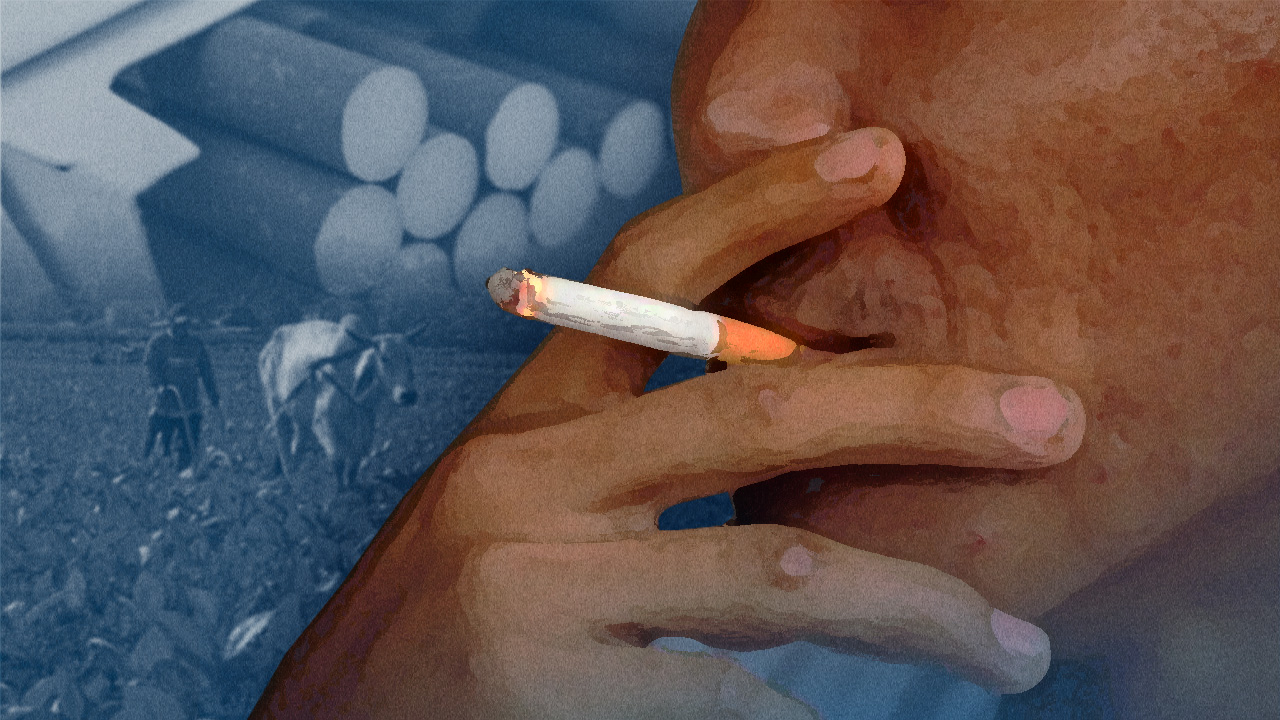MANILA, Philippines — A growing number of former senior government officials and civil society organizations have expressed disappointment over the Department of Justice’s (DOJ) recent legal opinion deeming acceptable tobacco industry donations to the Department of Social Welfare and Development (DSWD) and other government agencies.
In a joint statement on Monday, they called on the government to reject the tobacco industry’s use of corporate social responsibility (CSR) to whitewash its deadly business and harmful products and influence government institutions and officials.
READ: Parents group slams DOJ, DSWD: Why take aid from Big Tobacco?
“The tobacco industry does its fake CSR to buy goodwill so that government officials will favor them when crafting and implementing tobacco control policies. Who wins then: public health or the industry?” said Dr. Ulysses Dorotheo, executive director of the Southeast Asia Tobacco Control Alliance. “We have to be careful not to open doors for the tobacco industry to corrupt our bureaucracy.”
“Tobacco products are harmful, that’s why the behavior of this industry is being strictly regulated. It’s inappropriate for government agencies to receive donations from harmful industries when the donations may influence how such harmful industries are regulated,” former Health Undersecretary Madeleine Valera said.
The statement was in reaction to the June 6 legal opinion issued by the DOJ allowing the DSWD to accept a donation of three mobile clinics from an undisclosed tobacco company.
Justice Secretary Jesus Crispin Remulla noted that such an action was not a violation of Joint Memorandum Circular (JMC) No. 2010-01 of the Civil Service Commission (CSC) and the Department of Health (DOH).
The JMC, particularly Section 3.3, explicitly forbids government officials and employees from soliciting or accepting gifts, favors, or donations from entities in the tobacco industry.
The prohibition was in line with the country’s efforts to comply with its international commitments under the World Health Organization Framework Convention on Tobacco Control (WHO-FCTC), of which the Philippines was a signatory.
According to Remulla, the prohibition under the JMC only covers officials and employees and does not extend to government agencies and offices in general.
Former Health Secretary Dr. Esperanza Cabral, however, noted how the DOJ opinion detracts from the Philippines’ national and international commitments.
“This is against civil service rules and Articles 5.3 and 13 of the WHO-FCTC. Based on our international commitments and our own JMC, we should be banning all forms of tobacco sponsorships and protecting against tobacco industry interference,” she said.


